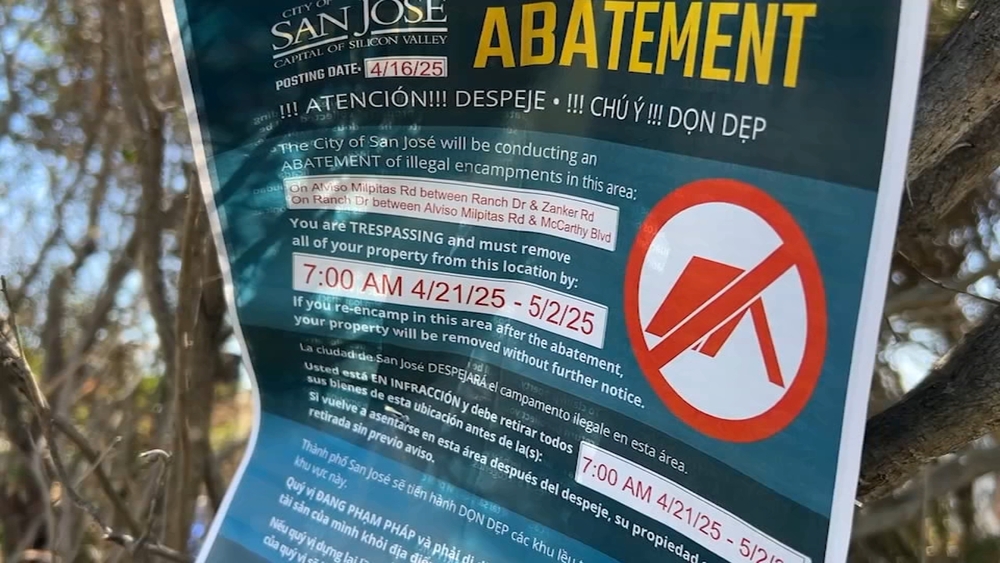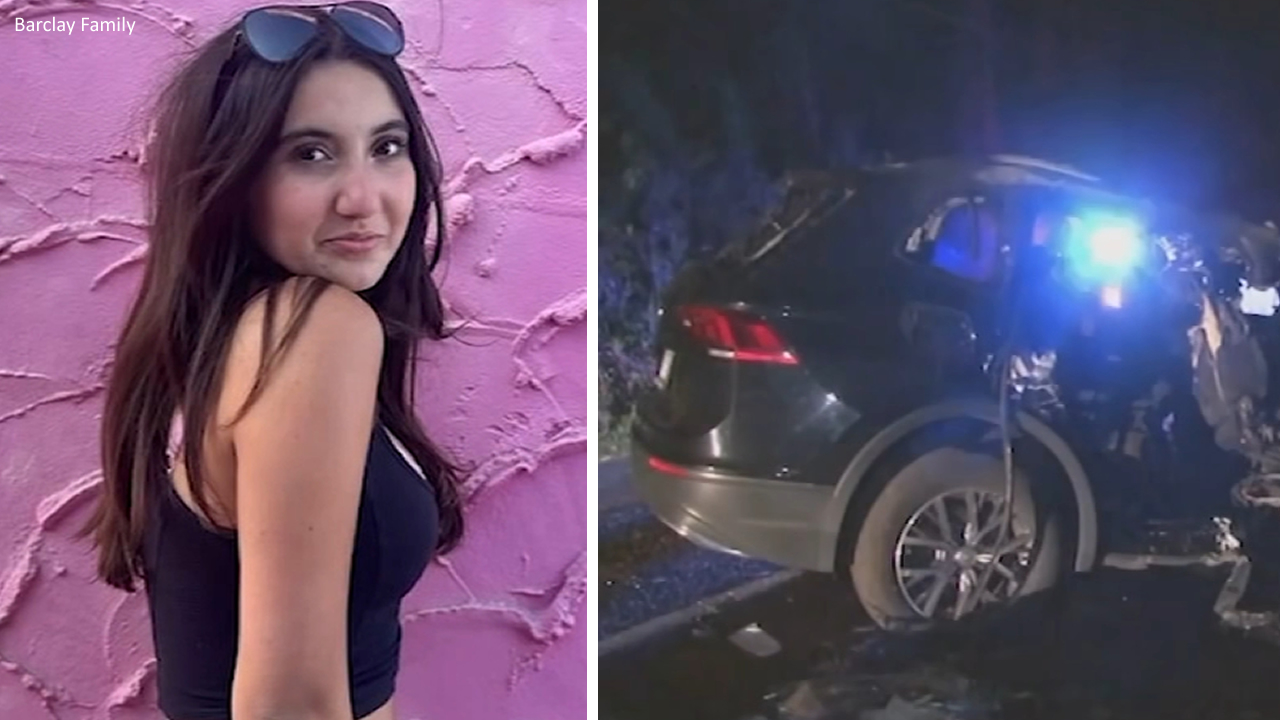Why SF housing construction is still slow after permitting process loosened
The city is required to build more than 80,000 units by 2031.
SAN FRANCISCO (KGO) -- San Francisco, like other cities in California, is required to build housing units to fulfill a state-mandated goal. The magic number is 82,000 by 2031 and, to meet that goal, the permit approval timeline is now shorter and quicker. However, things aren't being built as quickly as the city would like.
Going through San Francisco's planning and permitting process has been, until recently, like watching paint dry.
But the timeline is now shorter after the state pushed to expedite things. So why isn't housing being built at a faster rate?
MORE: How can SF build more homes in one of most densest US cities after affordable housing bond passed?
For years, San Francisco forced developers to set aside about 22% or more for on-site affordable units. That high number kept some builders on the sidelines. But in 2023, the state basically asked San Francisco 'What are you doing?' and told the city to lower that requirement to between 12% and 15%.
"The state of California made sure that the city of San Francisco understood that they needed to lower the required inclusionary rate back down to what it was 15 or so years ago which was between 12 and 15%," said Sam Moss, Executive Director of the Mission Housing Development Corporation.
But San Francisco's once high inclusionary rate wasn't the only thing that made builders pause.
The pandemic, and high interest rates made for the perfect storm, and did we mention high construction costs?
"The biggest challenge that we faced in the last, say, since COVID, is construction costs have gone up astronomically, 40 to 50% so just imagine in the old days you would build out a space for $100 a square foot, now it costs $150," said Mark McGranahan, Principal at Avison Young.
VIDEO: Company renting SF sleeping pods for $700 a month gains city approval

All of those factors made it nearly financially impossible to build. The banks also held back, thinking some investments were too risky.
Take 30 Van Ness, right now it's a hole in the ground on the corner of Market and Van Ness. The developer Lendlease was forced to step back until the Australian company recently struck a deal with the city, allowing Lendlease to scratch the previous 25% on-site affordable housing requirement. Right now, all of the 333 condos will be market rate units.
The deal must still be approved by the Board of Supervisors but for now the project is moving ahead.
Moss believes the construction of new buildings will take time after hitting the reset button.
"Real estate takes five years to catch up after a down swing and we are in the middle of the catch-up period," Moss said.
MORE: SF officials approve new ordinance to satisfy state's housing mandate, avoid losing funding
In a way, Berkeley is doing better than San Francisco. Oddly enough, Berkeley was the first city in America to restrict the construction of apartment buildings in the early 1900s. Zoning laws prioritized the construction of single-family homes. It has reversed its position and today there is a growing push to approve multifamily developments like high rises.
Mayor Jesse Arreguin calls himself a convert.
"I think our community has also come to realize, as I have, that the housing crisis is not getting any better, that we have to embrace new housing, that we have to embrace density and I think that's going to make a big difference long term," Arreguin said.
It already is making a difference. Berkeley says it's nearly halfway toward meeting the state mandate of 9,000 new units.
Some of the construction focuses on building units next to the BART station and fulfilling an unmet demand for student housing at UC Berkeley.
Behind the stacked shipping containers at People's Park, construction is underway for a building with 1,000 beds for students and 125 units of permanent supportive housing for the homeless. This is something that a few people are still protesting, hence the need for those containers.
"Two years ago, they were ready to begin construction, people tore down the fences, stormed the park and occupied it, not allowing any construction to happen and so the university took the extra step of creating this physical barrier to make sure that construction can actually happen without any disruptions," Mayor Arreguin said.
For once, there is optimism that the worst may be over and that the development of housing will pick up.
"I think that everyone has to calm down a little and wait until 2026-2027 because hopefully that's when the credit market will loosen up and development will start to begin again," Moss said.












